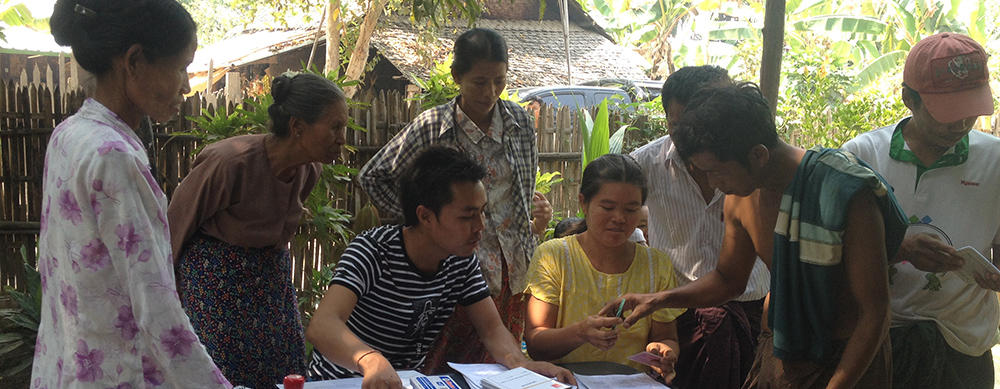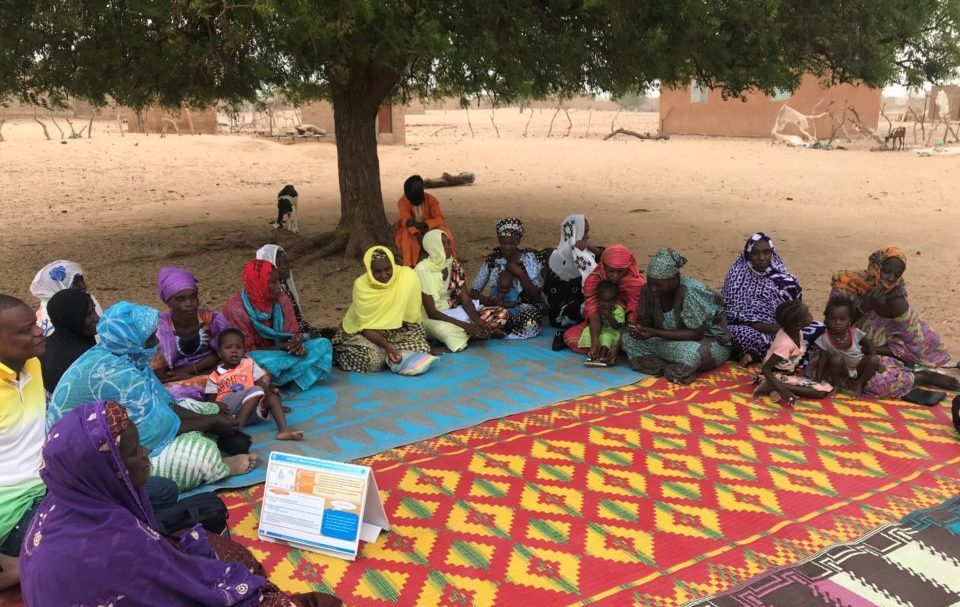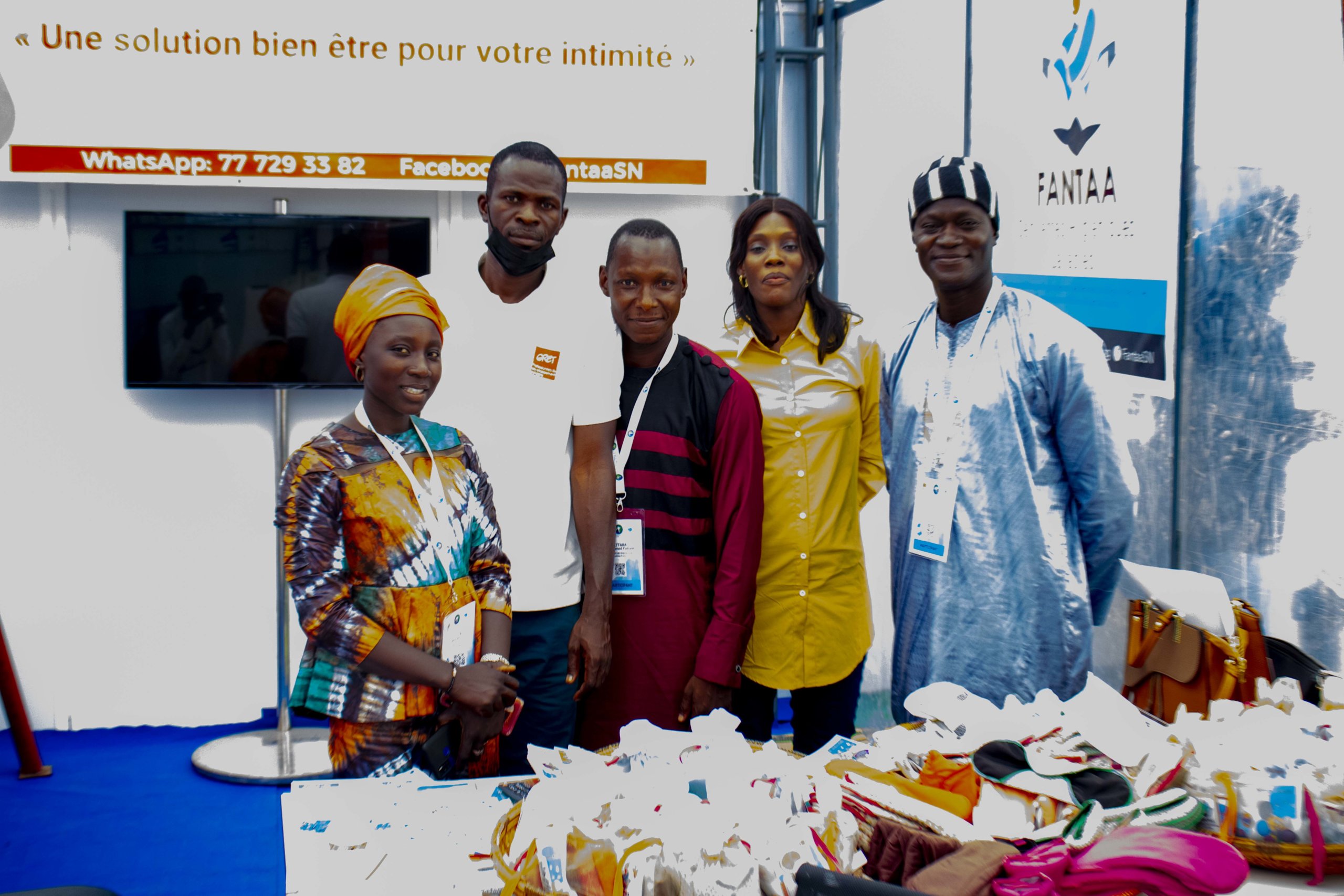A new arrival recently entered the microfinance landscape in Myanmar: the Thitsar Ooyin company. Founded by GRET, this social business governed by local law officially launched its activities at the start of January. A reminder of the various stages that led to its creation…
A mountainous zone in the west of Myanmar, Chin State is characterised by its isolated location, difficulties accessing the country’s commercial zones and a low level of economic development. The population in Chin depends mainly on agriculture and small livestock, and economic opportunities are rare and present very little diversity. In the 1990s, access to the capital was an important issue for vulnerable families with no collateral to enable them to borrow from public banks and private lenders. In 1995, on the initiative of the United Nations Development Programme (UNDP), GRET launched a project to support the development of economic activities by enabling these families to access microcredit thanks to the principal of collective guarantees.
A 100 % reimbursement rate
Created in 1998, the Chin microfinance institution (MFI) gradually developed its network of village-based credit unions and has evolved from having 18 credit unions and 1,500 borrowers in 1996 to a total of 150 credit unions and 10,000 borrowers in 2017. The institution gradually expanded its financial services offer and now proposes two types of financial products: a loan of approximately 150 to 200 dollars (122 to 163 euros) intended for families who are members of five-person groups providing collective guarantees, and an individual loan of approximately 800 dollars (650 euros), to support the development of small businesses.
In 2014, GRET expanded its microfinance offer to another region, located in the centre of Myanmar: the Dry Zone. This region suffers from a substantial rainfall deficit and irregular rainfall, with alternating periods of drought and of very heavy rainfall during the monsoon. This generates significant degradation of the environment and depletion of productive resources, which increase the vulnerability of rural populations. Based on a methodology similar to that implemented in Chin, GRET developed a range of financial products suited to this new environment and aimed at financing the development of income-generating activities. These loans, for amounts of between 75 and 220 dollars (between 61 and 179 euros), are intended exclusively for a rural population and finance their agricultural and livestock activities, as well as informal artisan and trade activities. At the end of 2017, the microfinance project in the Dry Zone was proposing its services to 10,000 borrowers for a portfolio of 1.4 million dollars (1.1 million euros), with a 100% reimbursement rate.
First official recognition
Up to the early 2010s, the political context under the dictatorship in Myanmar and the lack of an appropriate legal framework made it impossible to legalise microfinance institutions. In light of this, GRET provided institutional backing to the Chin MFI through its NGO activities. The political changes of the 2010s enabled rapid evolution of the legal context with the enactment of a microfinance law in 2011, which made it possible to define and provide a framework for the conditions in which to develop this activity. GRET was the first to obtain a licence making its microfinance activities in Myanmar official, both for the Chin MFI and that in the Dry Zone, as soon as it was set up. This legal recognition made it possible to strengthen these institutions financially and operationally, thanks to access to new funding (British international cooperation and Livelihoods and Food Security Trust Fund – LIFT). However GRET’s NGO status prevented it from accessing funding other than donor funding, hence limiting the expansion of the two MFIs in a context where grants awarded to MFIs were significantly decreasing.
From NGO status to company status…
In order to make the financial services put in place sustainable and to enable a greater number of farmers to benefit from them, in 2016, GRET began the process of setting up a private not-for-profit company that would make it possible to adapt governance to the specific needs of a microfinance structure and would provide access to new financial resources. Funded by LIFT from 2016 to 2019, the conversion of microfinance projects from NGO status to company status involves various aspects: the arrival of shareholders and structuring of appropriate governance (creation of a board of management and revision of the organisation chart), engaging in the process of registering for private company status, obtaining a microfinance licence for this new structure, adaptation of management and information systems to suit the new institutional context, increasing the portfolio by extending to new intervention zones, development of new products and, lastly, strengthening the capacities of the institution’s directors in terms of operational and financial management.
Amidst a legal context in Myanmar that is rapidly evolving but still strongly marked by complex administrative processes, registration of the private company and obtaining the microfinance licence transferring GRET’s assets to the Myanmar company (named Thitsar Ooyin Company Limited) took approximately twenty months, with strong commitment from GRET’s national and international teams, the support of a specialised consultant, and audit and legal firms, all the while maintaining close dialogue and cooperation with the Myanmar authorities, especially the department of financial regulation. In parallel to the legal processes, negotiations began with financial institutions to ensure financing for the expansion strategy of Thitsar Ooyin in the form of loans. The launch of the Thitsar Ooyin company was announced on 1 January 2018, marking the culmination of over twenty years of commitment from GRET in the area of microfinance in Myanmar.
As a majority shareholder playing an active role in its governance, GRET will continue to support the new structure with particular focus on preserving its social objective. Strengthening of management systems and of employees’ skills is also a priority supported by GRET through the provision of technical assistance and the implementation of an upskilling programme.






